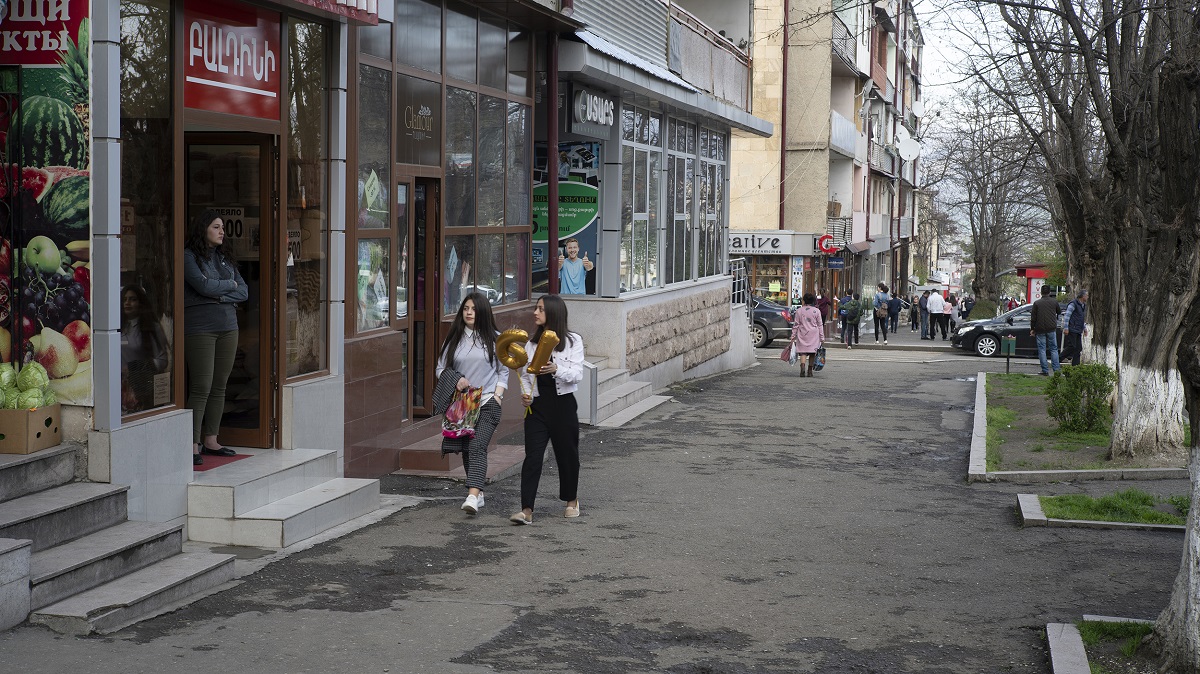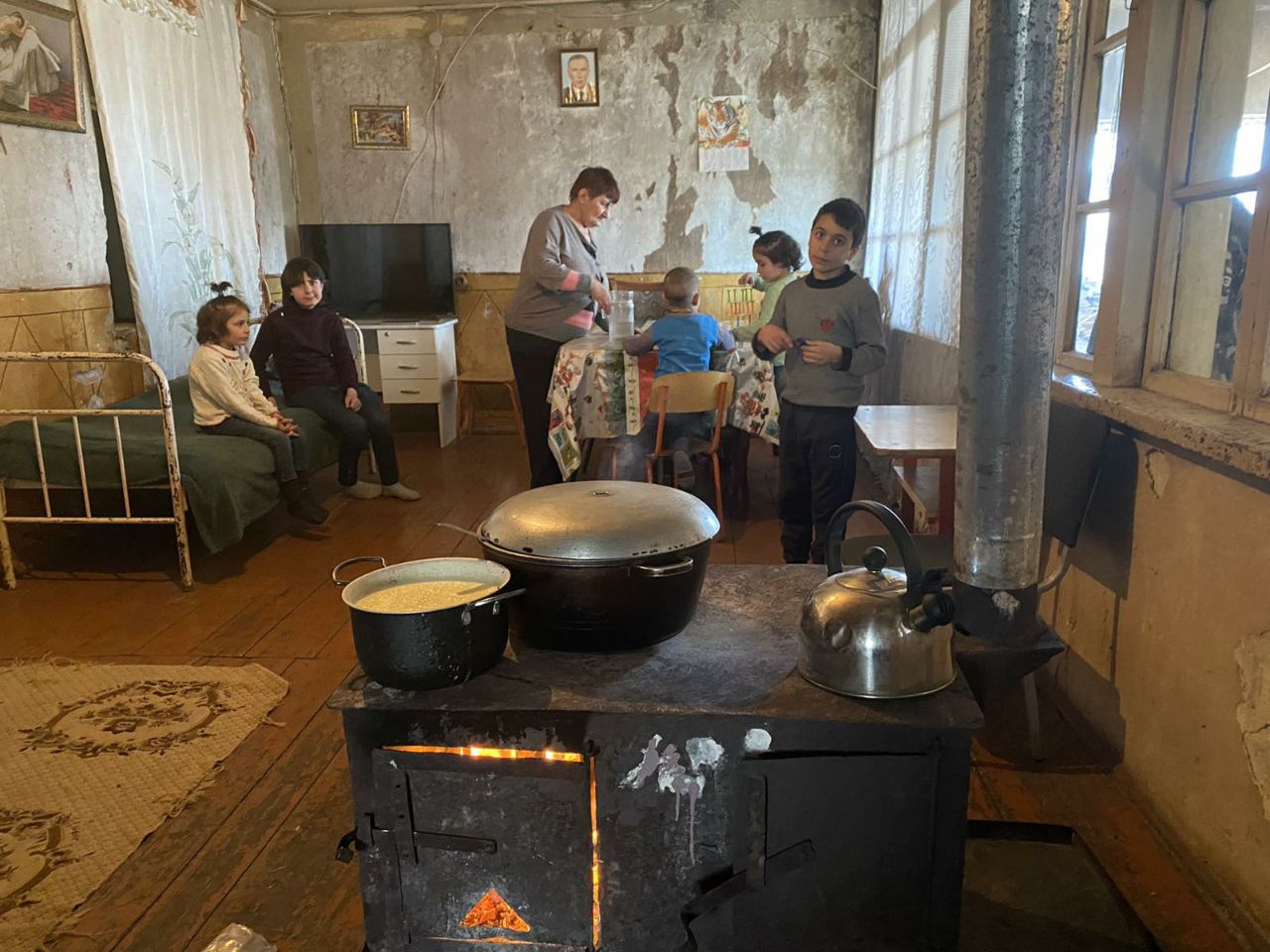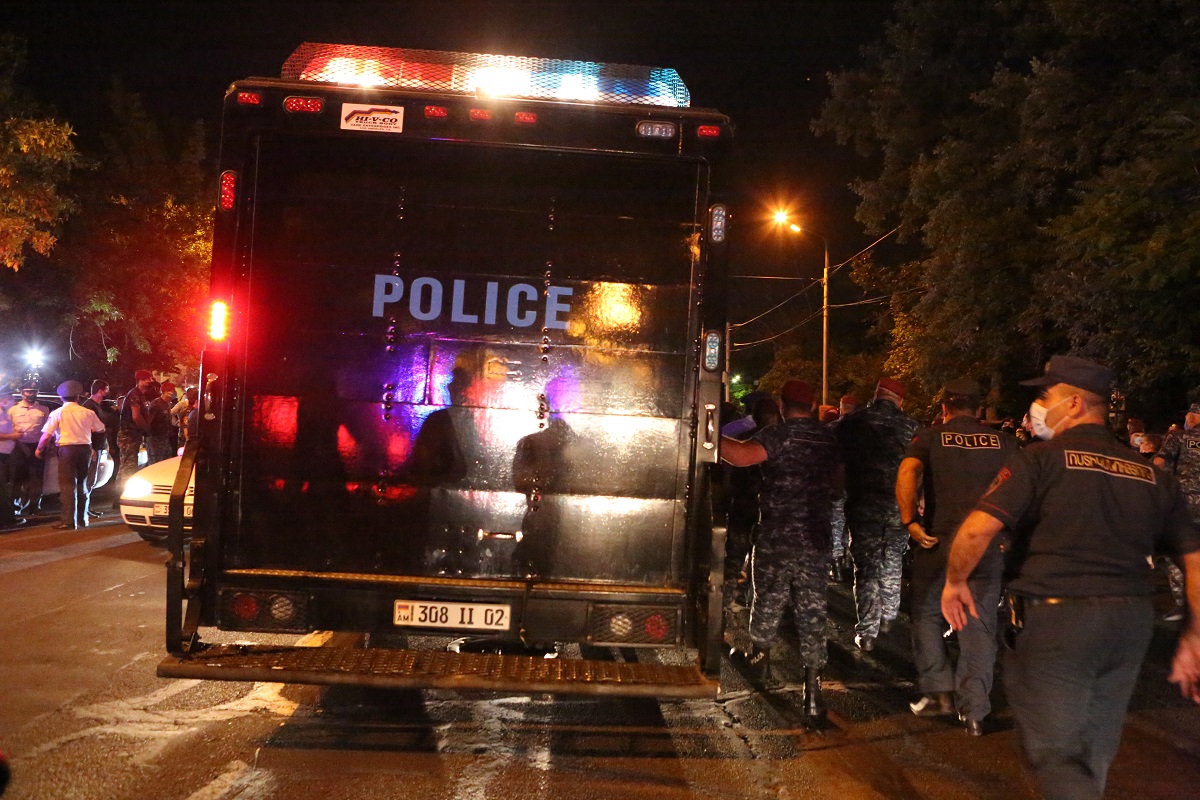“Freedom of speech is limited” - Amnesty International annual report on media in Armenia
Amnesty International Armenia 2021-2022 report
A new annual report of Amnesty International has been published. The international human rights organization presented its assessment of the situation in Armenia in 2021-2022. The authors of the report touched, in particular, on the crisis of power that occurred in the country after the defeat in the Karabakh war in 2020, and attempts to overcome it with early parliamentary elections. As a result, the current Prime Minister Nikol Pashinyan and the political force led by him remained in power.
“The situation on the Armenian-Azerbaijani border remained unstable, uncertainty persisted about the demarcation lines of the border. Periodic cross-border clashes led to casualties among the military and civilians”, the Amnesty International report says.
The issue of Armenian prisoners of war who are still being held in Baku, the problems of thousands of internally displaced persons from Nagorno-Karabakh who have lost their homes in the territories that have come under the control of Azerbaijan are also touched upon. The report pays particular attention to legislative changes that “restrict independent press and critical discourse” in Armenia.
Amnesty International is an international human rights organization founded to “undertake research and action aimed at preventing and stopping violations of the rights to physical and psychological integrity, freedom of conscience and expression”. It monitors human rights violations and advocates for compliance with international standards. Amnesty International has been awarded the Nobel Peace Prize and the United Nations Human Rights Prize for its work.
- Armenian Ombudsman’s report: Armenian prisoners are tortured, abused in Azerbaijan
- Opinion from Yerevan: “The world failed to condemn aggression in Karabakh, and now Europe is in danger”
- Tensions in Karabakh: No significant withdrawal of Azerbaijani troops, Armenia says
Post-war situation and Armenian prisoners of war
Referring to a Council of Europe report published in September 2021, Amnesty International points out that “more than 40 ethnic Armenians captured after the ceasefire remain in captivity, allegedly in inhumane conditions.” Amnesty International emphasizes that they are also subject to “unfair expedited prosecution”. It is also said that the fate of about 30 Armenian prisoners remains unknown, it is assumed that they could have been killed.
The report also states that in exchange for the return of the prisoners, Yerevan provided maps of minefields to Baku, but Azerbaijan disputes their accuracy. It is also reported that more than 100 people died or were injured by mines that remained in the territories that had fallen under the control of Azerbaijan.
According to the report of the human rights organization, neither Armenia nor Azerbaijan made any progress after the end of the war in investigating war crimes and other violations of international humanitarian law during and immediately after hostilities.
Problems of IDPs from NK
The report says that more than 90,000 people left their homes at the height of the war in Karabakh in 2020, after it ended, many returned to the part of NK that remained under the control of the Armenian side. About 36,000 people remained in the status of internally displaced persons, 24,000 previously lived in areas that are now controlled by Azerbaijan.
Among the problems of these people is indicated both the housing and but the opportunity to earn a livelihood, receive education and medical care.
Restriction of freedom of speech
Referring to the situation inside Armenia, Amnesty International emphasizes that freedom of speech continues to be restricted by the efforts of the authorities:
“In March last year, the National Assembly raised the maximum fine for insult and slander to six million drams [about $12,000]. In August, insulting public figures was criminalized”.
The human rights organization believes that legislative changes “limit the independent press and critical discourse” in the country:
“In September, the police opened the first criminal case under this article against a Facebook user for insulting the Prime Minister in a comment under his photo”.
Protests and rallies were allowed in Armenia in 2021, according to the report, and by January, the government had lifted most of the restrictions imposed amid the coronavirus pandemic, including on public gatherings.
However, Amnesty International notes the inefficiency of the Prosecutor General’s Office and other law enforcement agencies in investigating attacks carried out after the 2020 war against the offices of non-governmental organizations and the media. This refers incidents in the editorial office of Radio Azatutyun (Freedom) and the office of the Open Society Foundations.






















